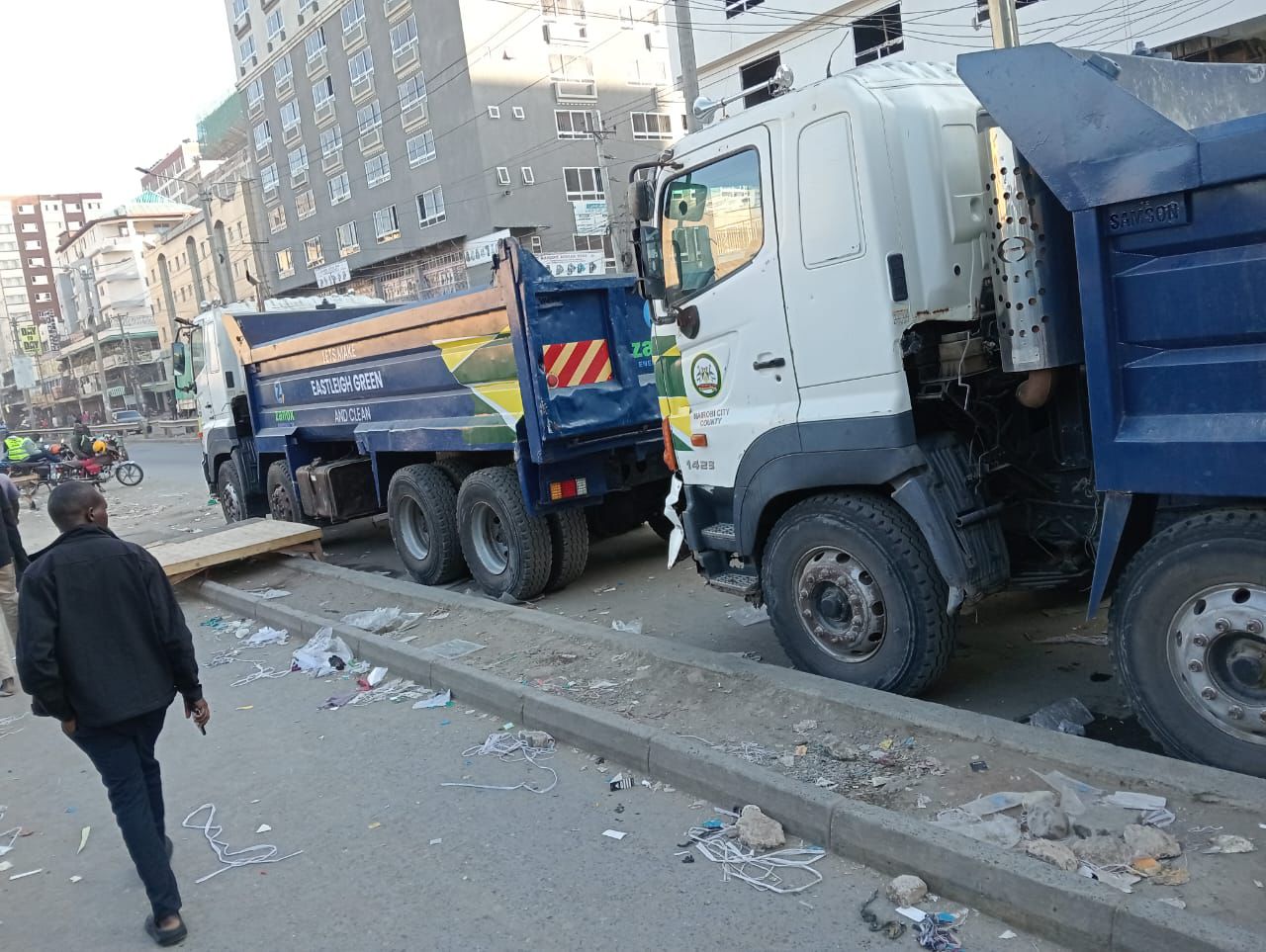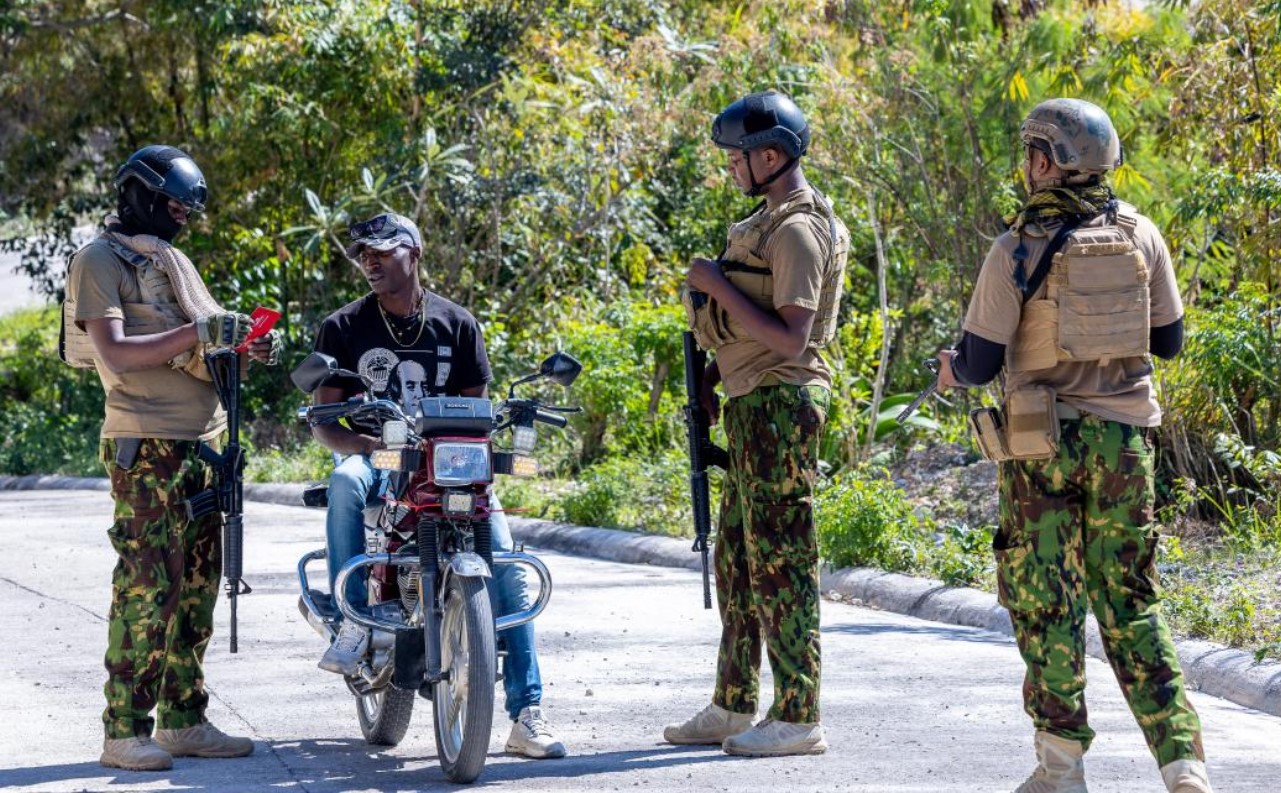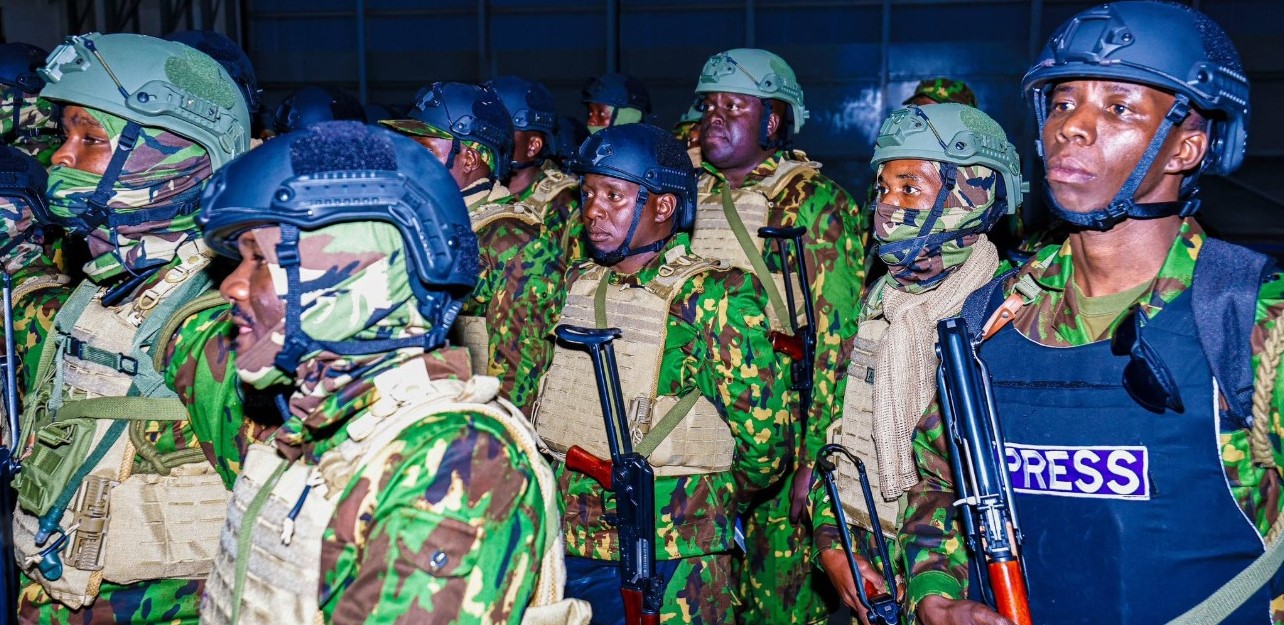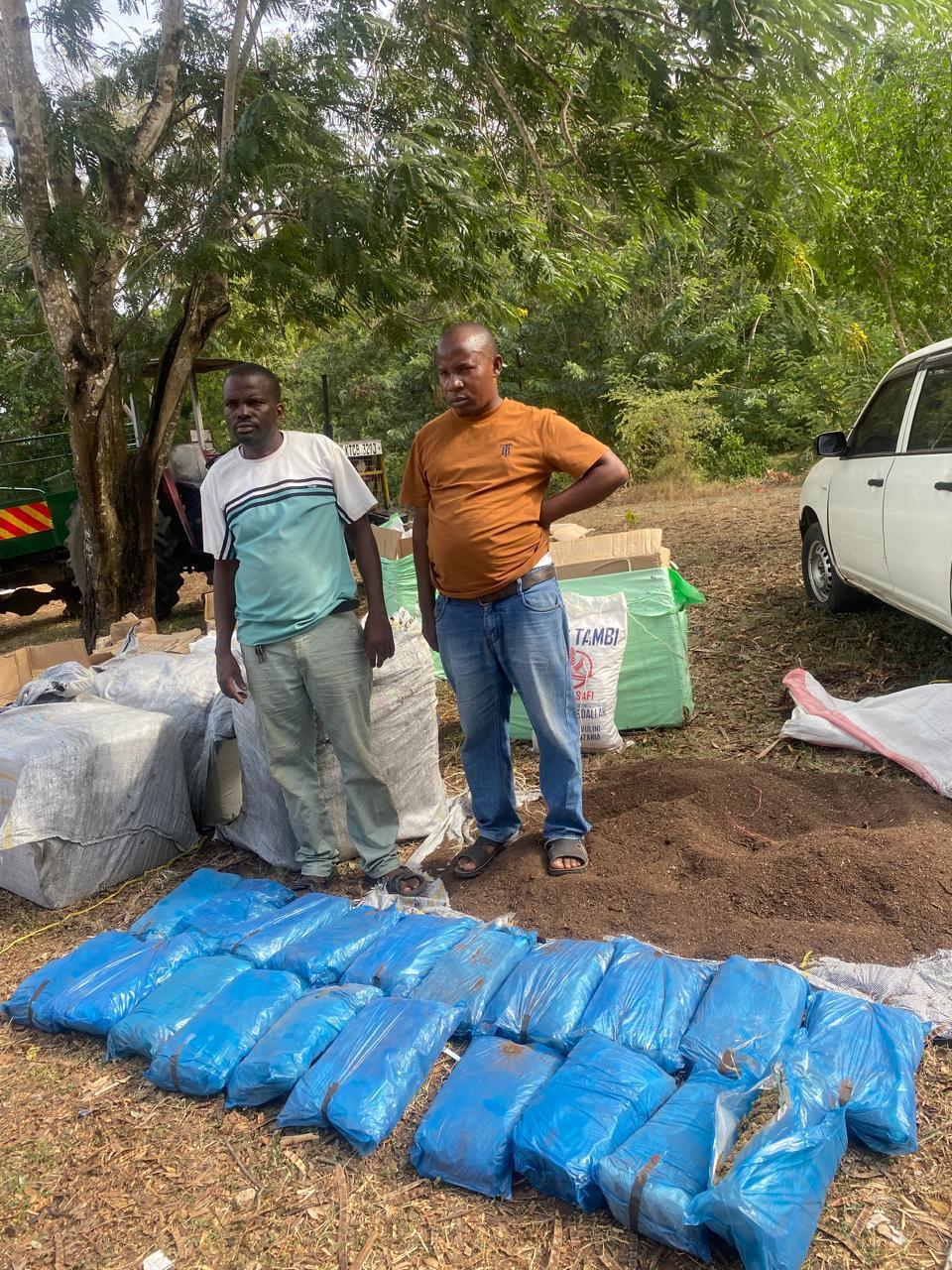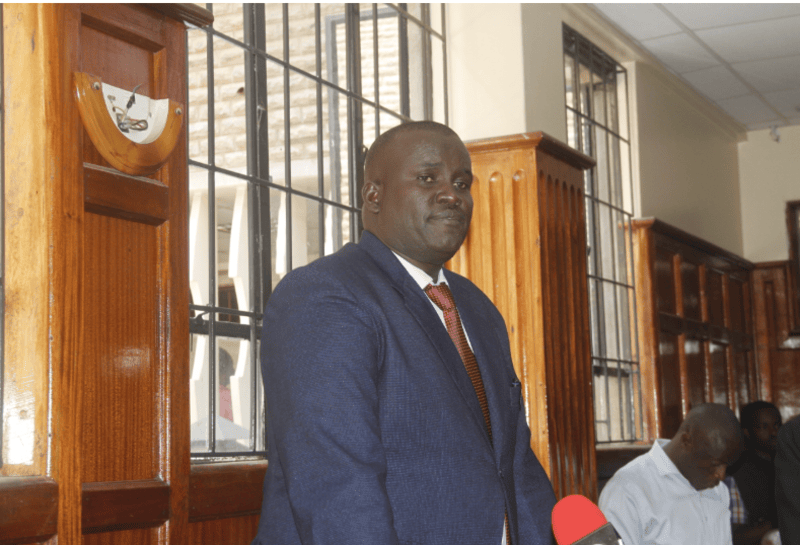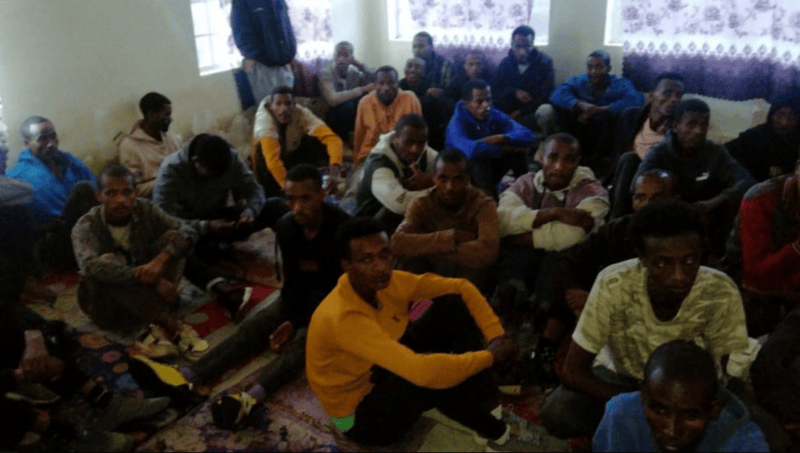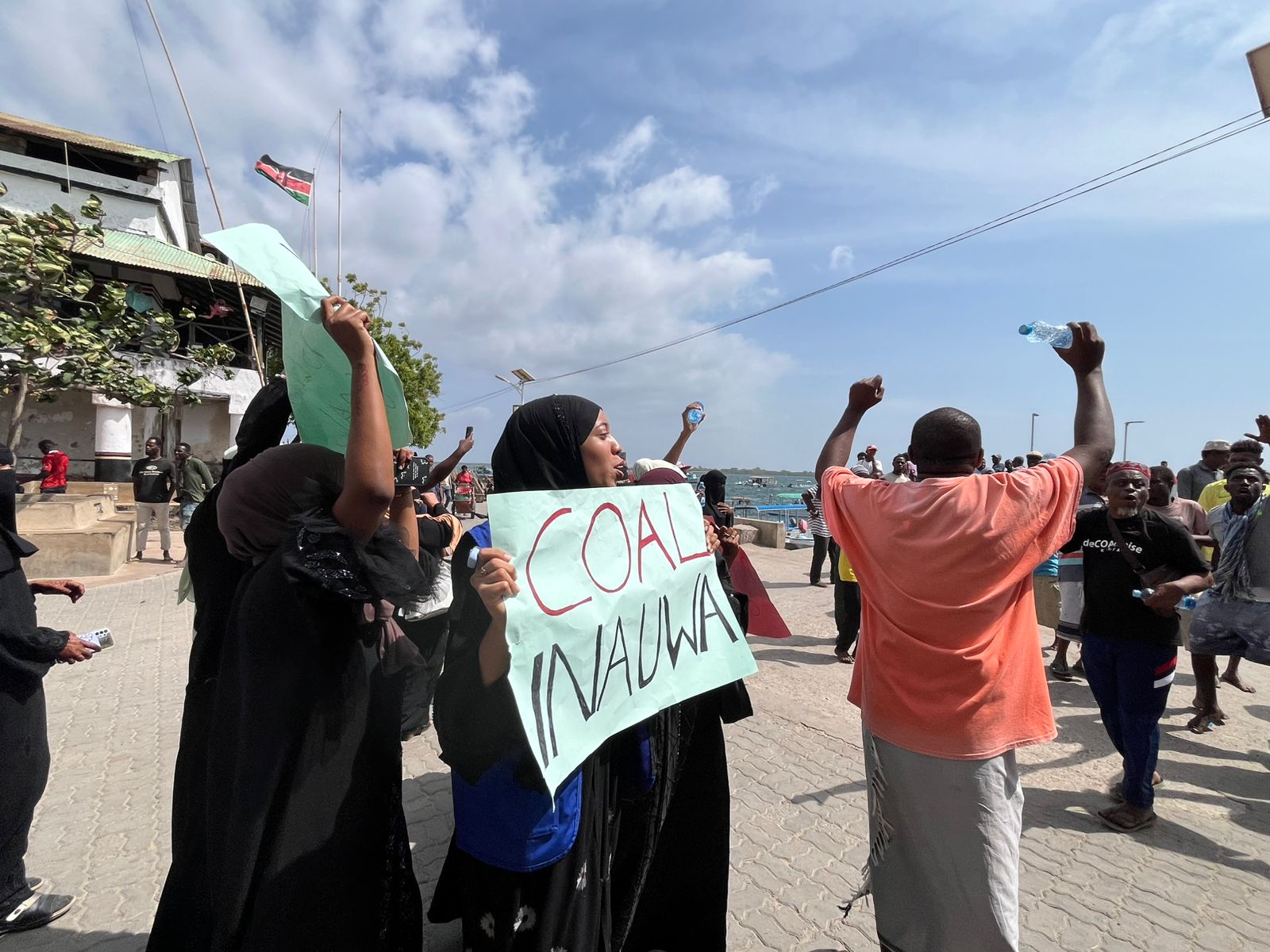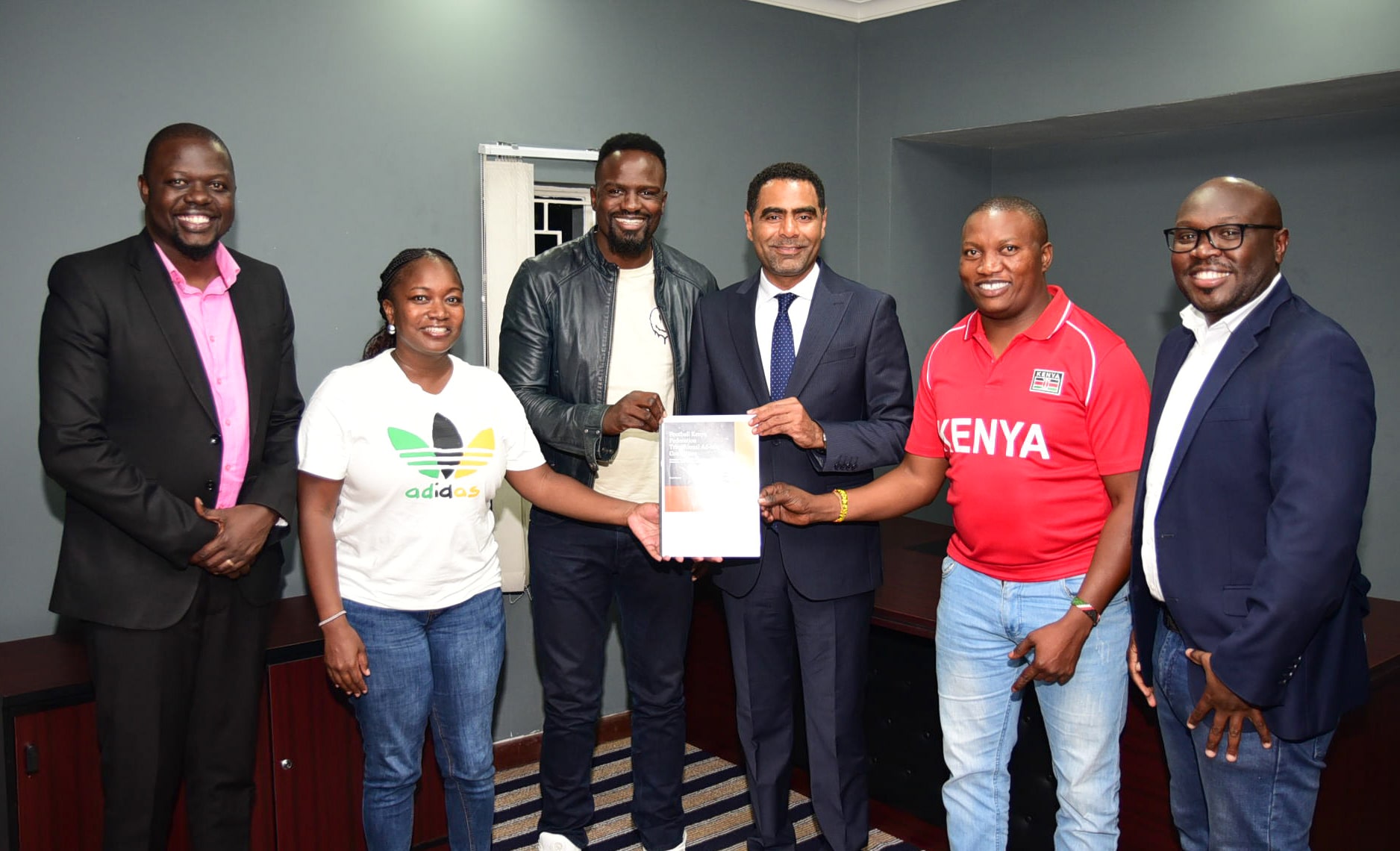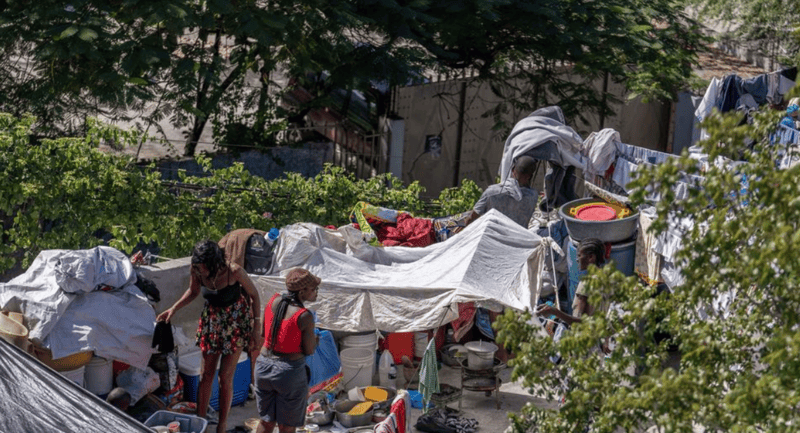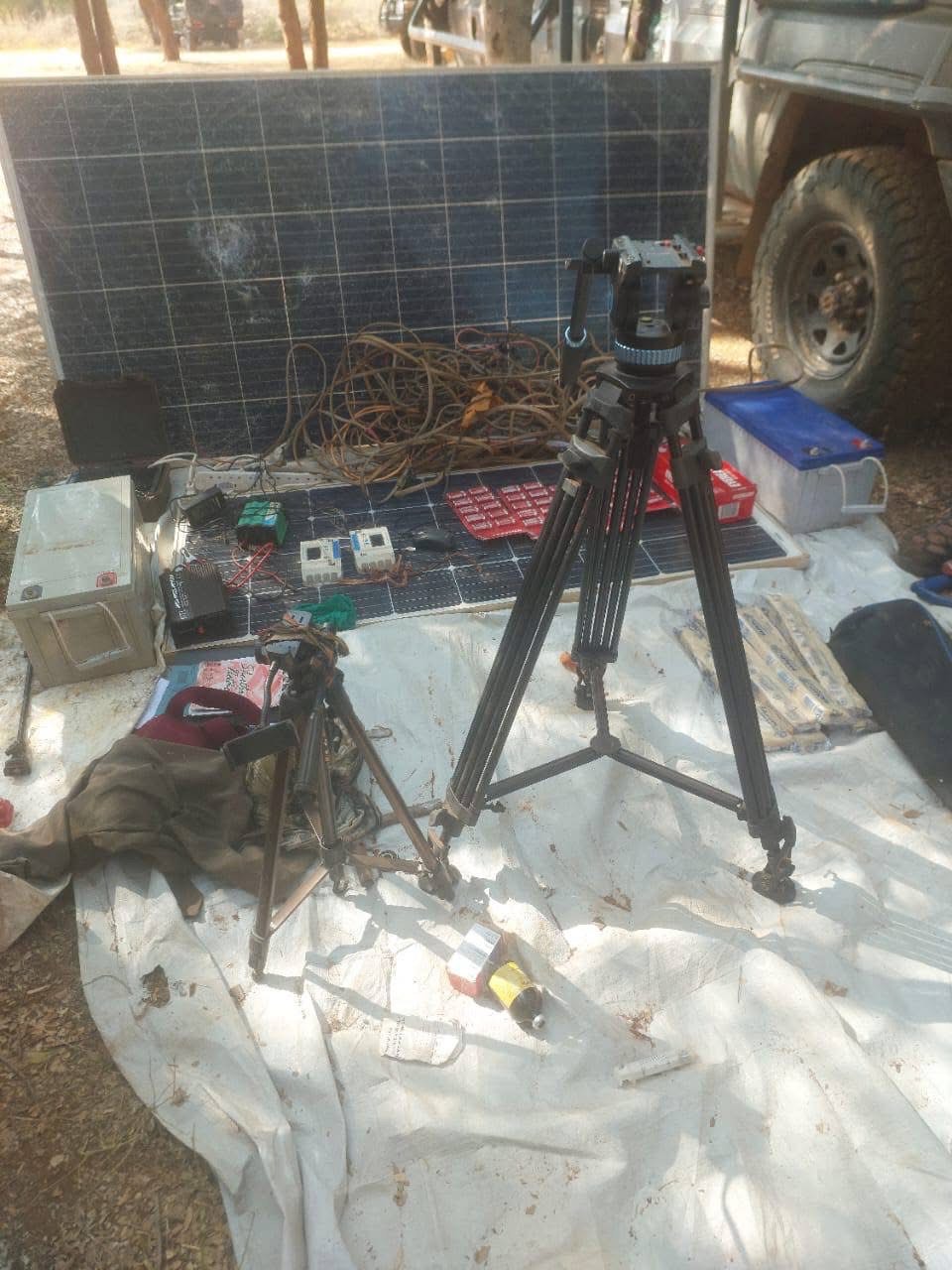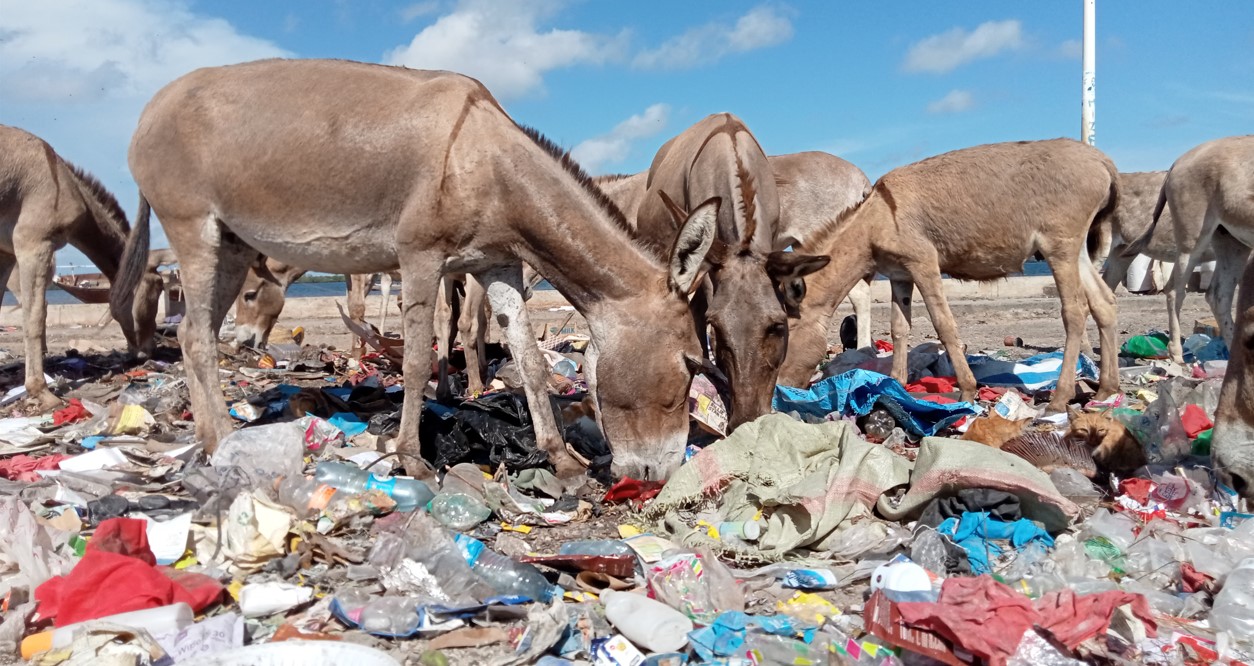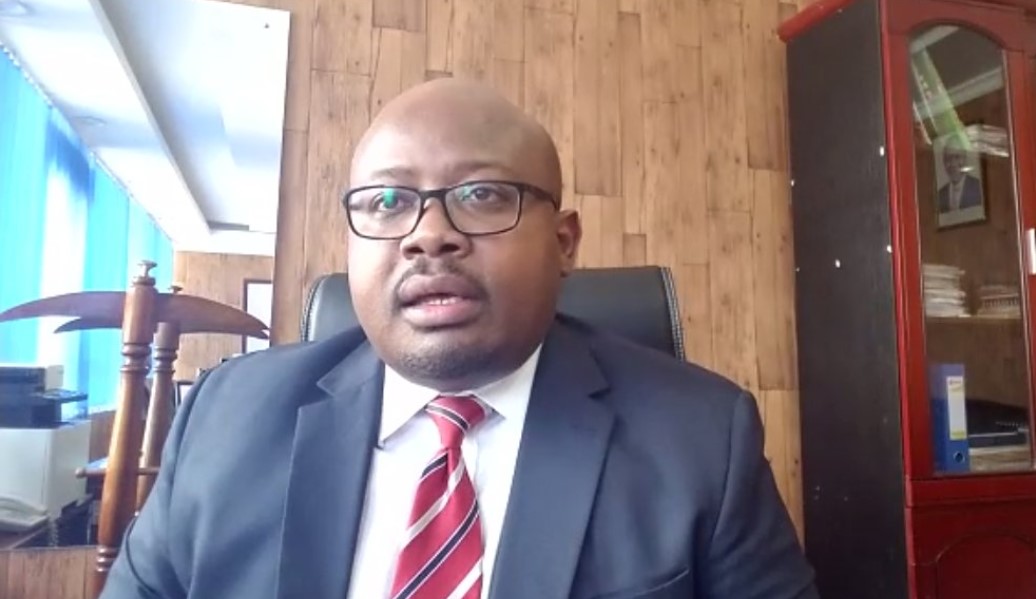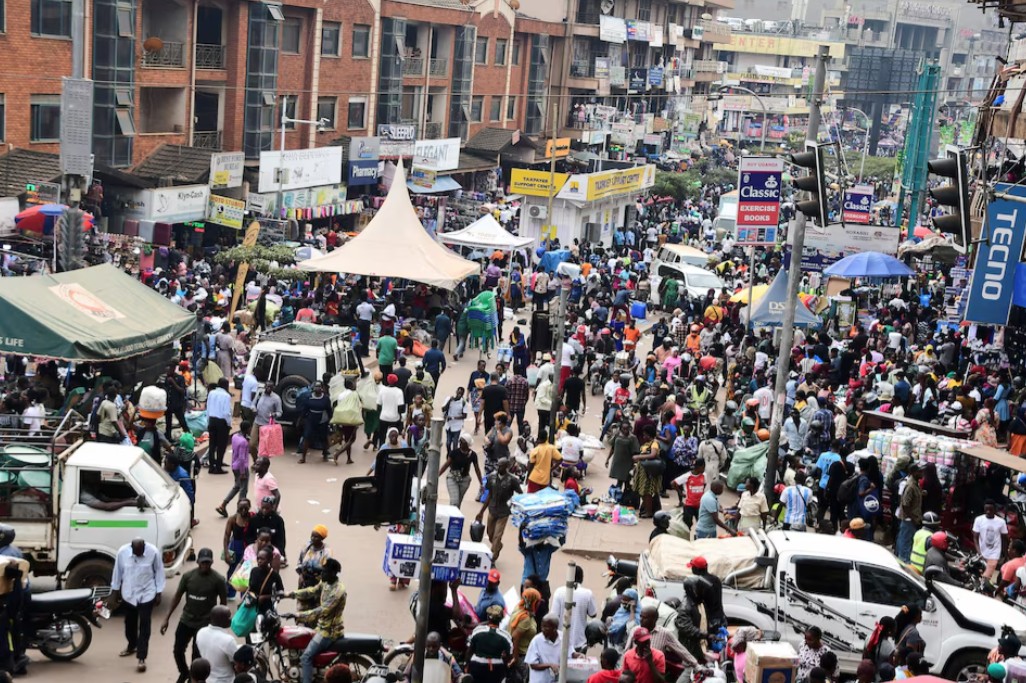UNHCR report: Over 2.9 million refugees to require resettlement in 2025
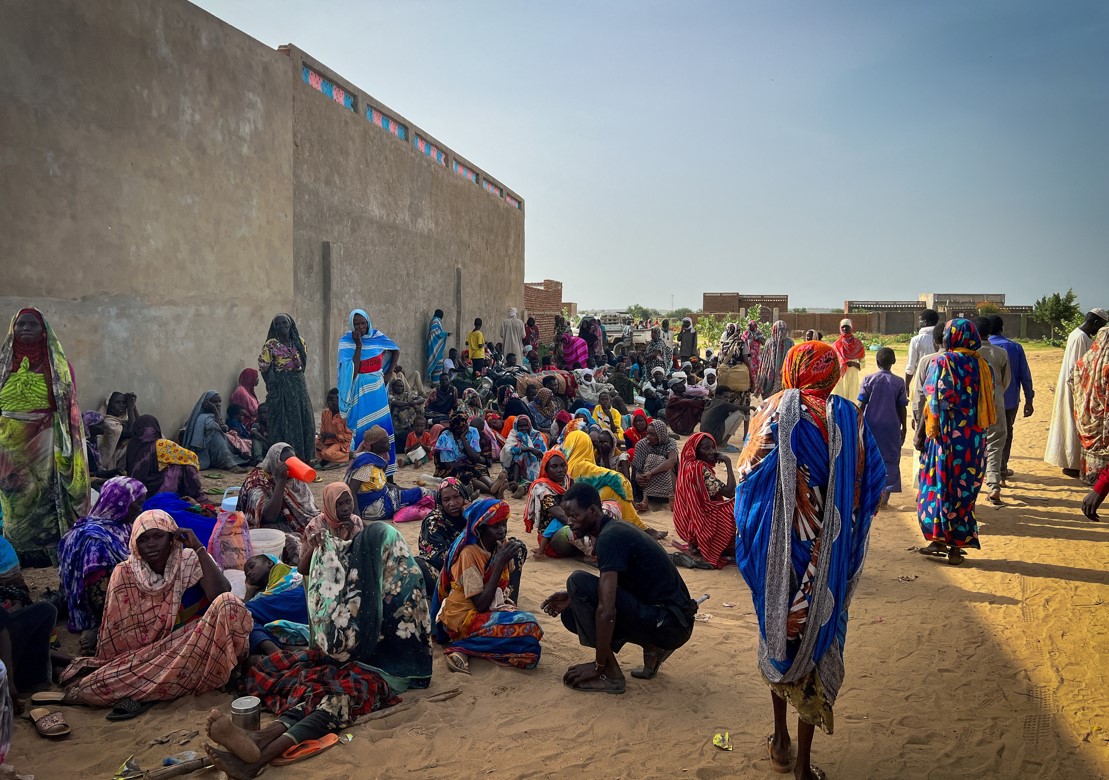
The continent witnessed millions of new displacements in countries like the Democratic Republic of the Congo, Ethiopia, the Central African Republic, South Sudan, and Nigeria, driven by escalating insecurity and human rights abuses.
The UN Refugee Agency's latest report, Projected Global Resettlement Needs 2025, reveals that over 2.9 million refugees worldwide will require resettlement next year, marking a 20 per cent increase from 2024. This rise is driven by prolonged displacement, new conflicts, and the impacts of climate change.
Ruvendrini Menikdiwela, UNHCR Assistant High Commissioner for Protection, emphasised the critical role of refugee resettlement. "Resettlement is a life-saving intervention for at-risk refugees and a meaningful response to increased and unresolved situations of forced displacement. It is a core part of the route-based approach that is needed to respond to the magnitude and complexity of displacement, helping ease pressures on long-standing refugee host countries and strengthening the broader refugee protection framework,” said Menikdiwela.
More To Read
She noted that in a context where mixed movements of refugees and migrants have become increasingly common, refugee resettlement and complementary pathways for admission provide a safer alternative to refugees who might otherwise resort to dangerous, irregular movement facilitated by smugglers.
The report highlights that for the ninth consecutive year, Syria has the highest resettlement needs, with about 933,000 refugees, followed by Afghanistan (558,000), South Sudan (242,000), the Rohingya from Myanmar (226,000), Sudan (172,000), and the Democratic Republic of the Congo (158,000). There is also a noted surge in resettlement needs in the Americas.
This increase in needs coincides with global economic challenges, escalating living costs, reduced humanitarian aid, and growing xenophobia. Refugees face heightened risks of deportation, violence, and exploitation, exacerbated by climate change and environmental disasters.
In 2023, 96,311 refugees were resettled globally, a 65 per cent increase from the previous year, though this covers less than 5 per cent of those needing resettlement. The USA, Canada, Germany, and Australia led in resettlement, but UNHCR urges more states to engage and ensure responsive, predictable resettlement programs.
UNHCR reports that Africa hosts approximately 30 million internally displaced persons, refugees, and asylum-seekers, constituting nearly one-third of the global refugee population.
The continent witnessed millions of new displacements in countries like the Democratic Republic of the Congo, Ethiopia, the Central African Republic, South Sudan, and Nigeria, driven by escalating insecurity and human rights abuses.
Throughout Africa, UNHCR is committed to ensuring displaced populations receive essential services such as education and healthcare. The organisation also prioritises protecting access to asylum, providing life-saving aid, and working to prevent and reduce statelessness.
"Despite challenges exacerbated by COVID-19 and climate change, finding sustainable solutions for refugees and internally displaced persons remains a pressing goal for UNHCR," the organisation notes.
UNHCR calls for intensified efforts under the Global Compact on Refugees to ensure that the most vulnerable refugees receive essential protection and solutions, stressing that without asylum and resettlement, many would face dire conditions.
According to UNHCR, as of January 31, 2023, Kenya hosted about 577,492 refugees and asylum-seekers. This includes 506,715 refugees and 70,777 asylum-seekers. Compared to December 2022, there was an increase of around 3,984 people due to arrivals from South Sudan, Burundi, the Democratic Republic of the Congo, Ethiopia, and Somalia.
In the Dadaab camp, the population was approximately 339,108 people living in 70,766 households. Of these, 233,828 individuals (in 45,338 households) were officially registered. Another 105,280 individuals (in 25,428 households) were waiting to complete their registration with the Department of Refugee Affairs.
Top Stories Today


